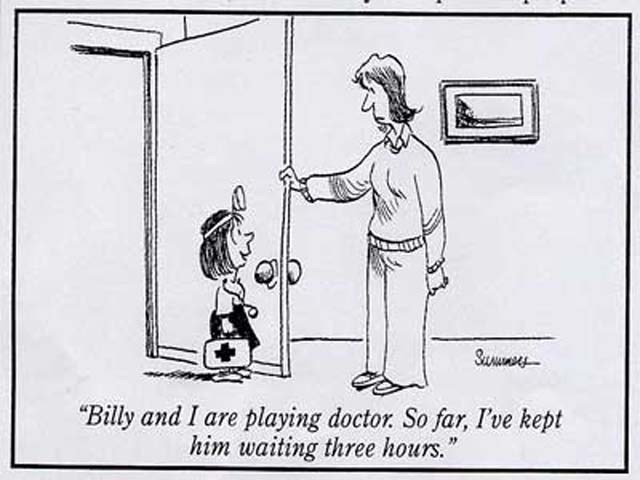Yesterday Bill Gurley at Benchmark Capital wrote an excellent, comprehensive overview of Consumer Healthcare in the United States.
Highly recommended, read it now!
Bill is spot-on with his coverage and assessment, explaining that the stage is set for a “new era of healthcare service in the U.S. where the patient truly comes first.”
Here at SteadyMD, we’re tackling Primary Care – a large and important chunk of consumer healthcare – and we agree that a big change is coming. Mostly because:
- In-person, traditional Primary Care services have declined in quality. A two-week wait to see a doctor. A doctor with 2,500 patients who cannot reasonably be expected to remember your name.
- Urgent care (offline and online), while convenient, is a poor substitute. Each time, see a random doctor, nurse, or Physicians Assistant. No long-term relationship or continuity.
- So many of us have had poor experiences with doctors, hospitals, and insurance companies. Simply put, we’re fed up.
Why hasn’t change happened yet? There’s one factor, we think, that has most significantly stifled innovation in direct-to-consumer healthcare:
- The dependence on health insurance reimbursement.
And Bill nails it on the head:
“Do you want to know the real reason doctors do not answer email? Want to know the real reason telemedicine is not widely pervasive?”
“doctors simply do not know how to charge for [telemedicine visits].”
If you join SteadyMD, you are paired-up with a Primary Care doctor who has a limited number of patients. At most 600 patients. At least five-times more…time to listen to you and pay attention to you. A doctor with whom you develop a real relationship. A doctor friend. Available anytime via secure text, phone, and video chat.
Further, that doctor doesn’t take insurance. Doesn’t spend half of his time typing into a computer, mostly to make sure he gets paid by the insurance companies in $70 increments.
Available to anyone, anywhere in the country. Concierge Primary Care made affordable. $79-99 per month.
Proper long-term, preventative care. Addressing the root cause of illness and disease. Not just “firefighting” when problems come up.
Vastly improving the quality of Primary Care, addressing the shortcomings of urgent care, and completely unencumbered by health insurance.
